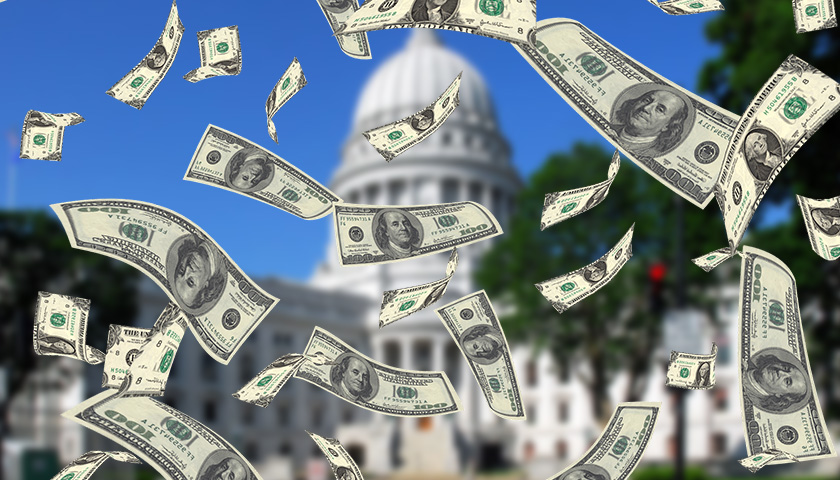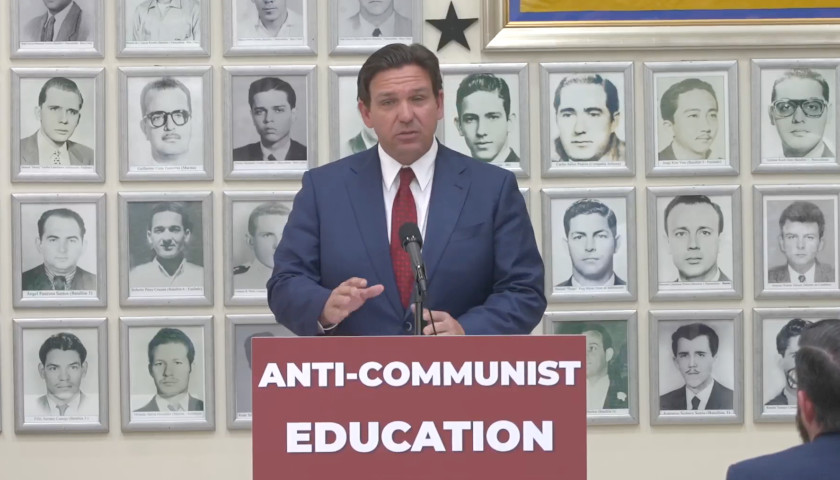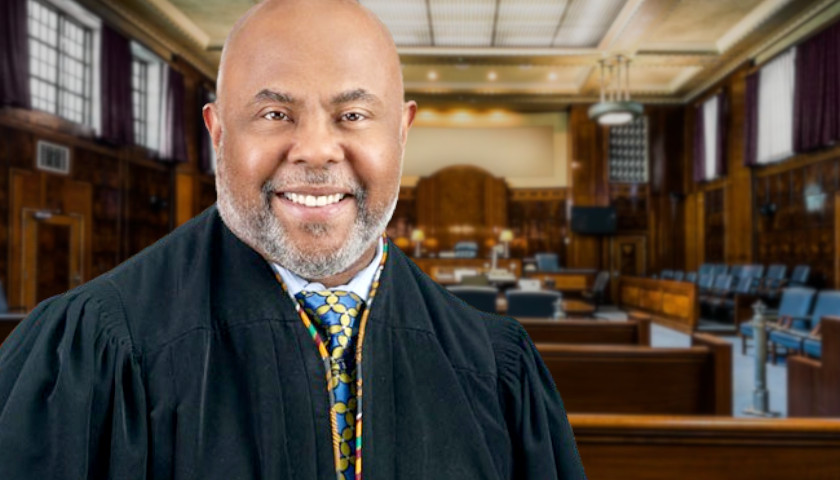Wisconsin state tax collections over the next three years are projected to come in more than three-quarters of a billion dollars lower than expected, according to a new report from the Legislative Fiscal Bureau.
Republican lawmakers say the revised projections further underscore their efforts to remake a more fiscally responsible biennial budget out of Democrat Governor Tony Evers’ big-spending proposal.
“The LFB’s re-estimate confirms that the legislature is on the right track as we craft a cautious budget that funds our priorities, addresses our obligations and prepares for the future,” said state Senator Howard Marklein (R-Spring Green) and State Representative Mark Born (R-Beaver Dam), co-chairs of the Legislature’s Joint Finance Committee
“The re-estimates reflect the current economic environment we are in and the reality we face over the next three years. In response to this reality, we will continue to craft a responsible budget that is made for Wisconsin.”
Wisconsin’s record surplus projected for the end of the current 2022-23 fiscal year would still be a record — at about $6.9 percent compared to the $7.1 billion general fund balance projected in January, according to the nonpartisan Legislative Fiscal Bureau memo released Monday.
Broken down, the fiscal bureau estimates tax collections will be more than $365 million lower in the current fiscal year, which ends June 30, $148 million in 2023-24, and nearly $242 million in 2024-25.
The projected lower general fund tax collections this year, however, are expected to be offset by higher than expected expenditure savings — $141.7 million above those projected in the January report. Medical Assistance program savings of $125.5 million and a $141.7 million reduction in debt service payments make up the brunt of the lower projected expenditures.
Evers wanted to devote a big chunk of the one-time record surplus on expanded government programs, funding a massive $104 billion two-year budget. Evers’ budget proposal would increase spending by a whopping 18 percent in the first year (a 23 percent increase in state spending).
The Republican-controlled Legislature earlier this spring removed 545 proposals from the governor’s budget plan, including his call to legalize marijuana, fund a costly government-subsidized family leave initiative, and universal background checks for firearms.
GOP lawmakers leading the Joint Finance Committee pledged to re-build Evers’ budget proposal from base. The committee is in the middle of that process with the Legislature expected to vote on a JFC proposal in the coming weeks.
“The news today is unsurprising. Financial mismanagement in Washington has negatively impacted the national economy,” said Senate Majority Leader Devin LeMahieu (R-Oostburg).
“However, Wisconsin is still in a historically strong financial position. The Joint Finance Committee is working to craft a budget that will prudently invest in core priorities and set our state up for success, regardless of national headwinds.”
Republican lawmakers have proposed significant tax cuts and tax reforms. Chris Reader, Executive Vice President of Institute for Reforming Government (IRG) Action says the new revenue projections show that the state is still going to take in more than it needs.
“While the increase is 1% less of an increase than what was projected a few months ago, it is still an increase, and still leaves the state with a surplus of $6.9 billion on July 1,” Reader said in a statement. “Meanwhile middle class families and small employers continue to be hit hard by high inflation and fears of the pending recession. There is a generational opportunity to rethink taxes and spending in Wisconsin.”
– – –
M.D. Kittle is the National Political Editor for The Star News Network.
Photo “Wisconsin State Capitol” by Jeff Dean.








